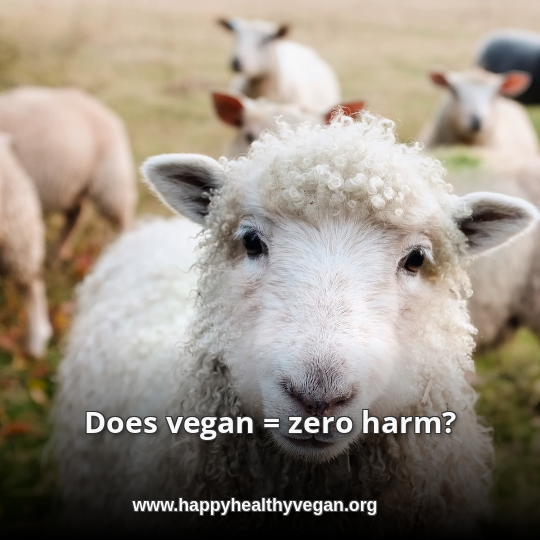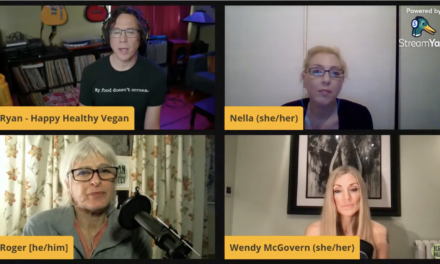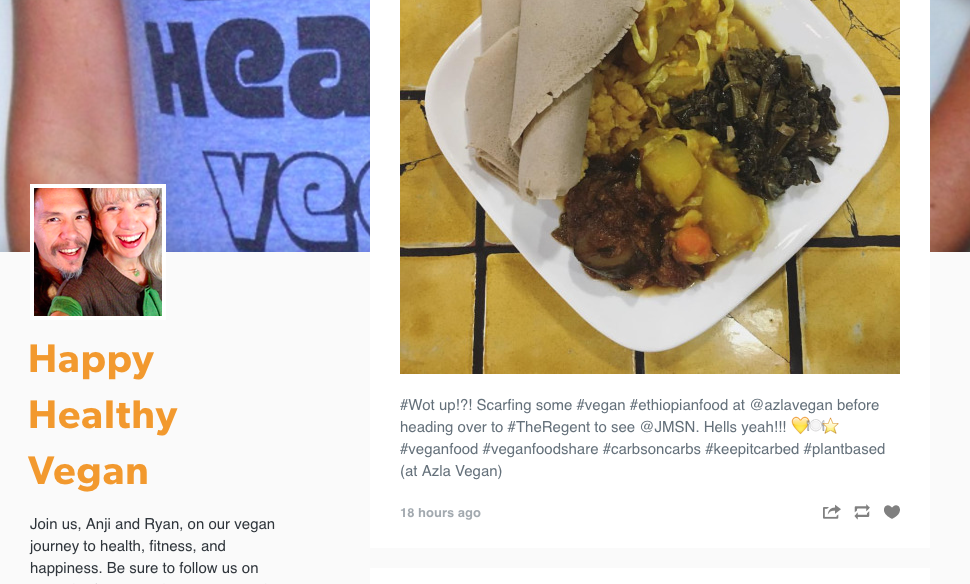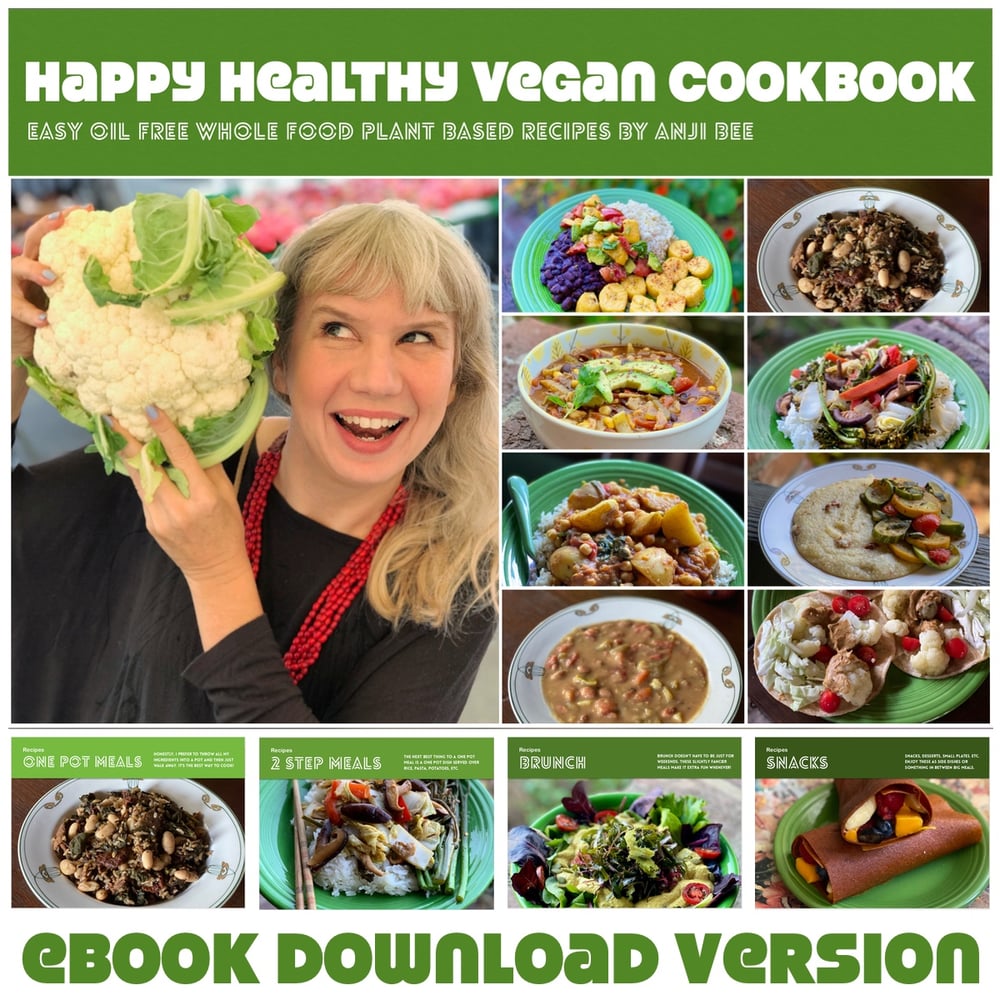It is important to remember that veganism is not about perfection, but rather about striving to reduce suffering and exploitation as much as possible and making ethical choices that align with one’s values.
Since humans consume resources and affect the environment to some extent just to survive, it is impossible for us to entirely eradicate all negative effects on the ecosystem. In the process of making plant-based foods, it’s likely that some animals may suffer. For instance, during cultivation or harvest, insects or other tiny animals may be unintentionally hurt or killed. However, it is generally acknowledged that the production of foods derived from plants harms animals substantially less than the production of foods derived from animals. Animal agriculture exploits and mistreats billions of animals annually, and is also responsible for environmental deterioration. Plant-based agriculture, on the other hand, is less resource-intensive and harmful to the environment and animals.
So while being a vegan results in less harm to the environment and animals, your adverse effects can be reduced even further by making deliberate decisions about the products you buy and how you live. This can involve selecting eco-friendly items, using less energy, and backing conservation initiatives. Individuals can work to connect their values and behaviors with this purpose because the ultimate goal of veganism is to exclude—as far as is possible and practicable—all forms of exploitation of, and cruelty to, animals for food, clothing or any other purpose.








